-
전재수 수사 올해 넘길 듯…"사실관계 규명 먼저"재생
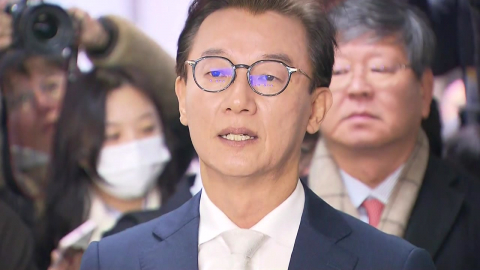
-
더불어민주당 전재수 의원의 금품수수 의혹 수사는 해를 넘길 전망입니다. 올해 말 공소시효가 끝날 수 있다는 분석이 나왔지만, 경찰은 사실관계 규명이 먼저라며 서두르지 않겠다는 입장을 고수했습니다. 부장원 기자입니다. [기자] 경찰 특별전담수사팀은 공소시효 문제를 이유로 통일교의 후원금 쪼개기 의혹을 서둘러 송치했습니다. 다만 마찬가지로 시효 문제가 지적된 더불어민주당 전재수 의원의 금품수수 의혹에 대해서는 사실관계 규명이 먼저라는 입장을 유지했습니다. 수사팀 관계자는 전 의원 공소시효와 관련해 사실관계가 규명돼야 시효를 따질 수 있다며, 정확한 사실 확인을 위해 계속, 최대한 신속하고 엄정하게 수사하고 있다고 강조했습니다. 사실상 올해 안에 수사를 마무리 짓기 어렵다는 점을 분명히 한 겁니다. 경찰은 전 의원 측에 추가 소환 통보도 하지 않은 것으로 파악됐는데, 당분간 관련자 조사와 압수물 분석에 집중하며 혐의 다지기에 주력할 것으로 보입니다. 앞서 이번 의혹을 촉발한 윤영호 전 세계본부장은 특검 조사에서 전 의원에게 2018년 무렵 현금과 명품 시계가 전달됐다고 진술했습니다. 정치자금법 위반죄의 공소시효는 범죄 행위가 종료된 날로부터 7년입니다. 이를 두고 이미 시효가 지났거나 늦어도 올해 말 끝난다는 우려도 나왔지만, 섣부른 해석이라는 반론도 있습니다. 실제 경찰이 확보한 '한학자 총재 특별보고' 문건에는 2018년뿐 아니라 2019년에도 통일교 측과 전 의원의 만남을 암시하는 대목이 여러 차례 등장합니다. 만약 이때 금품이 전달됐다면 해가 바뀌더라도 여전히 정치자금법 시효는 남아 있게 됩니다. 또 경찰 안팎에서는 시간에 쫓겨 성급한 결론을 내리기보다 상대적으로 시효가 긴 뇌물죄 수사에 집중해야 한다는 기류도 읽힙니다. 뇌물죄는 수수액이 3천만 원 이상이면 시효가 최대 15년까지 늘어나는 만큼, 경찰은 핵심 증거인 명품 시계의 행방을 찾는 데 집중하고 있습니다. YTN 부장원입니다. 영상편집 : 변지영 디자인 : 정은옥 ※ '당신의 제보가 뉴스가 됩니다' [카카오톡] YTN 검색해 채널 추가 [전화] 02-398-8585 [메일] social@ytn.co.kr
-
민주당 권력지형 재편?…'통일교 특검' 등 협상 올스톱재생
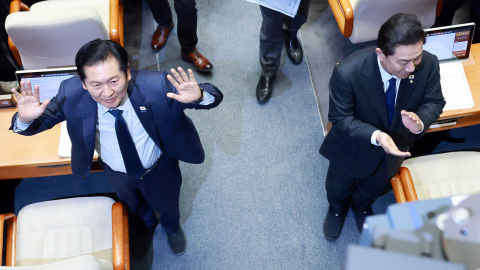
-
여당 원내사령탑 공석…’통일교 특검’ 협상 올스톱
’가까운 듯 먼 사이’ 정청래·김병기…공개 충돌도
김병기, 청와대 교감 속 일종의 ’균형추’ 역할
내란전담 재판부 법 등 예민한 사안 속도 조절도
-
김병기 원내대표직 전격 사퇴…국힘 "의원직도 내려놔야"재생
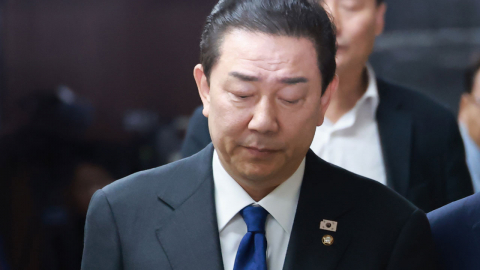
-
김병기, 원내대표직 사퇴…"국민 눈높이 못 미쳐"
애초 사과에 무게…잇단 특혜·갑질 의혹에 물러나
"시시비비 가려 더 큰 책임 감당"…법적 공방 시사





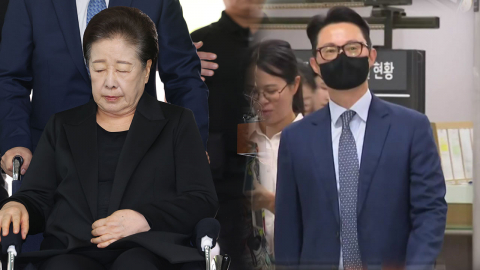
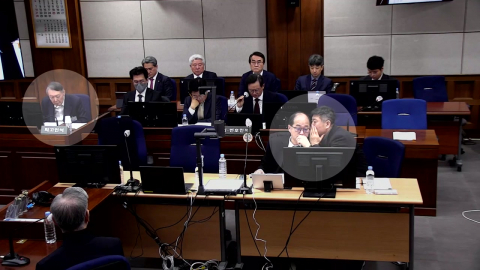
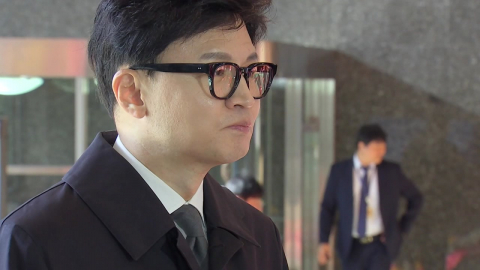
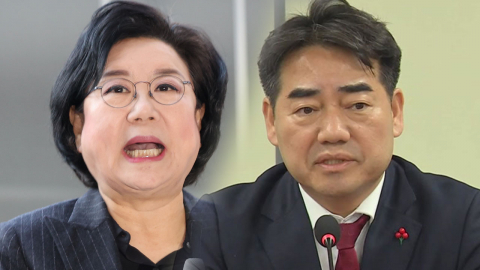
![[현장영상+] 의사수급추계위 회의 종료…중장기 부족 의사 규모 추산](https://image.ytn.co.kr/general/jpg/2025/1230/202512302031023852_h.jpg)
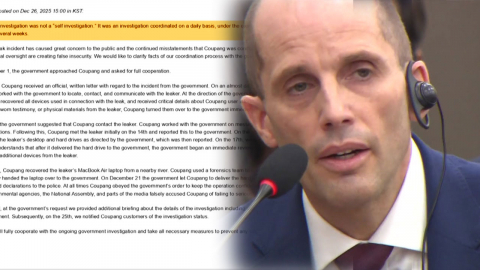




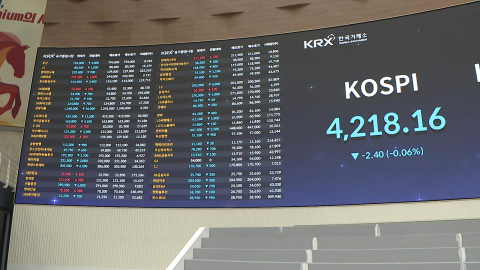
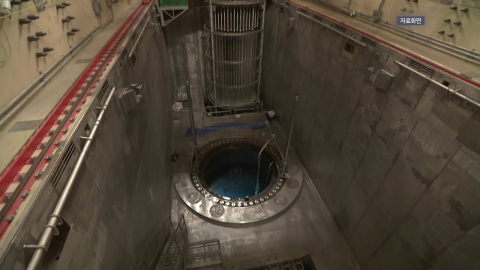
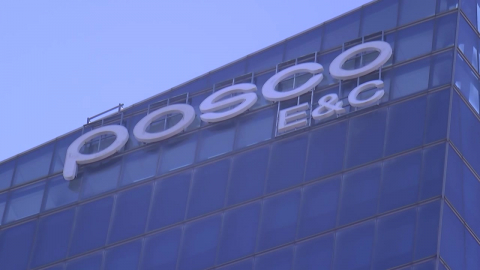
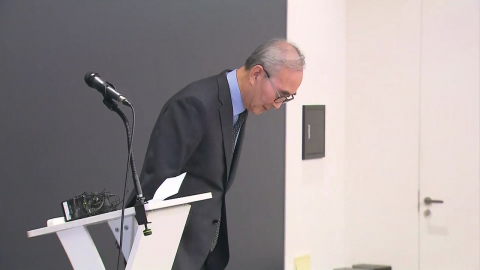
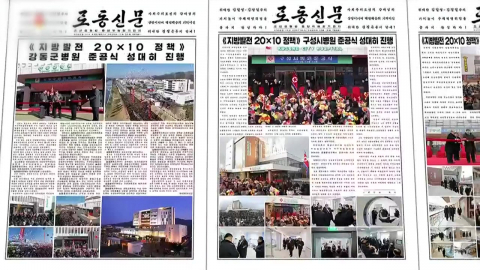
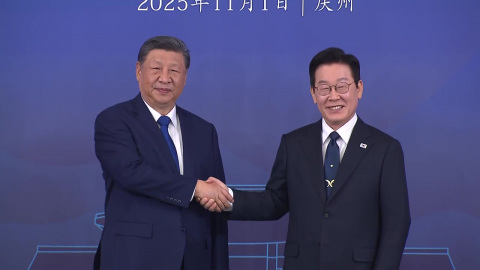

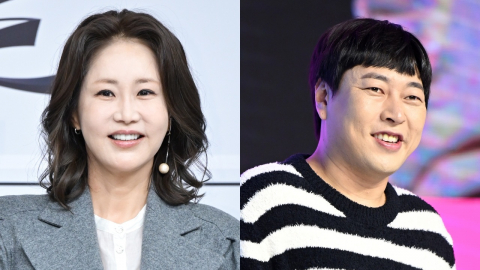
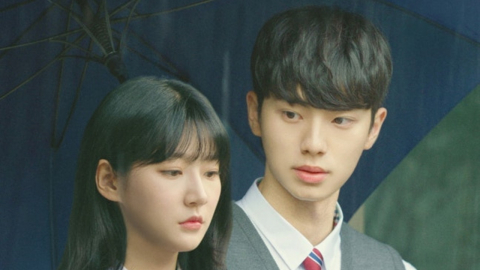
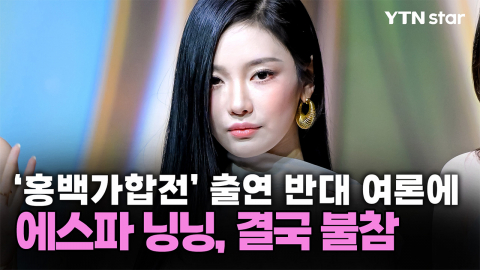
![[Y현장] "13.31% 목표"…남지현·문상민, '은애하는 도적님아'로 사극 불패신화 쓸까](https://image.ytn.co.kr/general/jpg/2025/1230/202512301717256504_h.jpg)





